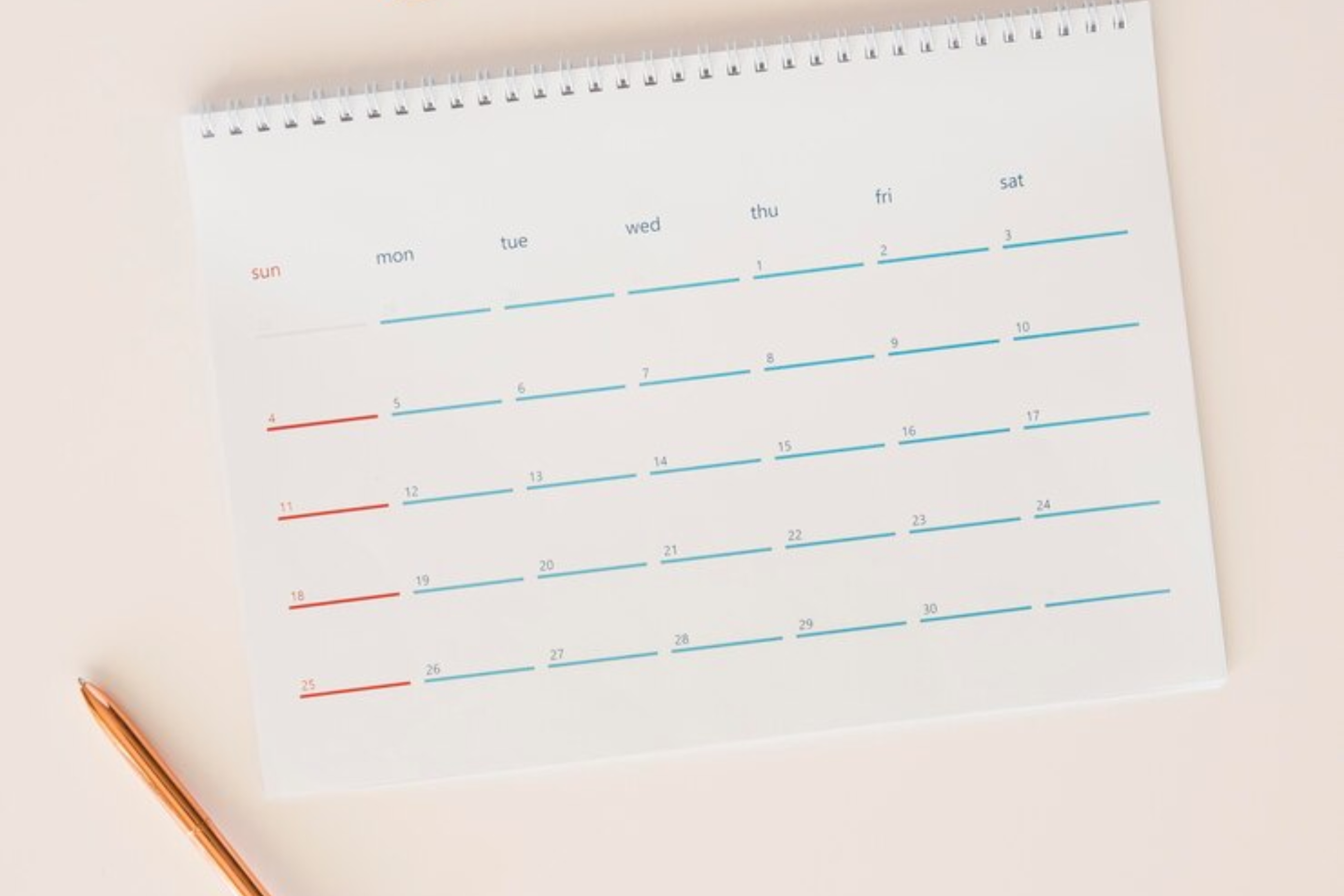Navigating the Labyrinth of College Admissions: How Many Letters of Recommendation for College are Enough?
Are you feeling lost in the maze of college admissions? Wondering how many letters of recommendation you need to secure your spot in your dream school? Our comprehensive guide to navigating the labyrinth of college admissions will help you determine the right number of letters of recommendation to submit and increase your chances of getting accepted.
Posted April 10, 2025

Table of Contents
When it comes to the college admissions process, there are a lot of moving pieces. From essays to extracurricular activities to test scores, it can be overwhelming to determine what is most important to showcase to admissions officers. One aspect that is often highly valued is the letter of recommendation. But how many letters of recommendation should you submit, and who should write them?
The Importance of Letters of Recommendation in College Admissions
Letters of recommendation provide valuable insight into a student's character, academic abilities, and potential for success in college. Admissions officers use these letters to gain a more holistic view of the applicant, beyond what can be gleaned from test scores and transcripts alone. This is why it's important to put thought and care into selecting recommenders who can speak to your strengths and abilities.
It's also important to note that letters of recommendation can carry different weight depending on the college or university. Some schools may place more emphasis on these letters than others, so it's important to research the specific admissions requirements for each school you're applying to. Additionally, it's a good idea to provide your recommenders with any relevant information about the schools you're applying to, such as the school's mission statement or values, so they can tailor their letters to the specific institution.
How to Choose the Right Recommenders for Your College Application
Choosing the right recommenders is crucial. Ideally, you want to select individuals who know you well and can speak positively about your abilities. This could include teachers, coaches, employers, or mentors. When selecting recommenders, think about who can provide different perspectives on your abilities, and who can showcase your skills in different areas such as academics, leadership, or community service.
It's also important to consider the specific requirements of each college or university you are applying to. Some schools may require recommenders from certain academic subjects or specific types of professionals. Make sure to carefully read the application instructions and follow any guidelines provided. Additionally, it's a good idea to ask your recommenders if they feel comfortable writing a strong letter of recommendation for you. If they seem hesitant or unsure, it may be better to choose someone else who can confidently speak to your abilities.
What Makes a Strong Letter of Recommendation for College?
Strong letters of recommendation are those that provide specific examples and anecdotes to back up claims made about a student's abilities. Admissions officers are looking for letters that showcase a student's potential for success, as well as their character. It's important to select recommenders who can provide this level of detail and insight.
In addition to providing specific examples, a strong letter of recommendation should also be well-written and free of errors. This shows that the recommender took the time and effort to craft a thoughtful and polished letter. It's also important for the letter to be tailored to the specific college or program the student is applying to, highlighting how the student's skills and experiences align with the institution's values and goals.
Another key factor in a strong letter of recommendation is the relationship between the recommender and the student. A letter from someone who knows the student well and has worked closely with them, such as a teacher or mentor, will carry more weight than a letter from someone who only knows the student in passing. It's important for the recommender to be able to speak to the student's strengths and potential in a meaningful way.
How to Request Letters of Recommendation from Teachers and Mentors
When requesting letters of recommendation, be sure to provide ample notice and clear instructions. It's important to give your recommenders enough time to write a thoughtful letter. Provide them with a copy of your resume or transcripts, and any other relevant materials that can help them understand your abilities and potential.
Additionally, it's a good idea to choose recommenders who know you well and can speak to your strengths and accomplishments. Consider asking teachers or mentors who have worked with you in a specific subject or project, or who have seen you grow and develop over time. When making the request, be polite and professional, and express your gratitude for their time and support. Finally, be sure to follow up with a thank-you note or email after the letter has been submitted.
Tips for Following Up with Recommenders and Ensuring Timely Submissions
Following up with recommenders is important to ensure they submit their letters in a timely manner. Be sure to send a friendly reminder a few weeks before the deadline, and thank them for their time and effort. Additionally, be sure to keep track of when each letter is due, and submit them in a timely manner.
It is also a good idea to provide your recommenders with any necessary information or materials that they may need to complete their letters. This could include a copy of your resume, a list of your accomplishments, or any specific requirements or guidelines provided by the institution or organization you are applying to. By providing your recommenders with all the necessary information, you can help ensure that they are able to write a strong and comprehensive letter of recommendation.
The Role of Extracurricular Activities in Your College Application and Recommendations
Extracurricular activities can play a big role in showcasing a student's abilities and potential. When selecting recommenders, consider those who can speak to your involvement in extracurricular activities, and how they have helped shape you as a person.
How Many Letters of Recommendation Will Colleges Typically Require?
The number of letters of recommendation required varies from college to college. Some colleges require only one letter, while others may require as many as three. It's important to review each college's requirements carefully and follow them closely.
It's also important to consider who you ask to write your letters of recommendation. Many colleges prefer letters from teachers or counselors who have worked closely with you and can speak to your academic abilities and personal character. However, some colleges may also accept letters from coaches, employers, or other individuals who can provide insight into your skills and accomplishments.
Additionally, it's a good idea to give your recommenders plenty of notice and provide them with any necessary information, such as deadlines and submission instructions. You may also want to consider providing them with a list of your accomplishments and goals, so they can tailor their letters to highlight your strengths and potential.
Understanding the Different Types of Recommendations: Academic, Professional, and Personal
There are different types of recommendations, including academic, professional, and personal. Academic recommendations come from teachers or guidance counselors and speak to a student's academic abilities. Professional recommendations come from employers and speak to a student's professional abilities. Personal recommendations come from mentors or community leaders and speak to a student's character and potential.
The Dos and Don'ts of Writing Recommendation Request Emails to Teachers or Employers
When writing recommendation request emails, be sure to be polite and professional. Provide clear instructions and deadlines, and express your gratitude for their time and effort. Avoid using a generic or impersonal form letter, and keep your request brief and to the point.
Making a Good Impression: How to Prepare for Your Meeting with Your Recommender
When meeting with your recommender, be sure to dress professionally and be on time. Bring all relevant materials with you, including a copy of your resume and transcripts. Be prepared to discuss your goals and ambitions, and how you see yourself succeeding in college.
The Pros and Cons of Submitting Additional Letters of Recommendation
Submitting additional letters of recommendation can help showcase your abilities and potential. However, it's important to follow each college's requirements closely and not submit too many letters. Additionally, be sure to select recommenders who can provide additional insights and perspectives beyond what has already been submitted.
Tips for Writing a Thank-You Note to Your Recommenders
Writing a thank-you note is a great way to show your appreciation for your recommender's time and effort. Be sure to personalize each note, and thank them for their support. Let them know what you appreciated about their letter, and how it helped showcase your abilities to admissions officers.
Common Mistakes to Avoid When Submitting Letters of Recommendation
When submitting letters of recommendation, be sure to follow each college's requirements closely. Additionally, avoid submitting multiple letters from the same recommender, or submitting letters that don't provide valuable insight into your abilities and potential.
How to Use Letters of Recommendation to Stand Out in the College Admissions Process
Letters of recommendation can help you to stand out in the college admissions process by providing additional insights into your abilities and potential. By carefully selecting recommenders and providing them with clear instructions and materials, you can help ensure that they provide thoughtful and detailed letters that showcase your strengths.
By following these tips and guidelines, you can navigate the labyrinth of college admissions and ensure that your letters of recommendation help showcase your abilities and potential. Remember, it's important to put time and effort into this aspect of your application, as it can make a big difference in helping you stand out to admissions officers.



















